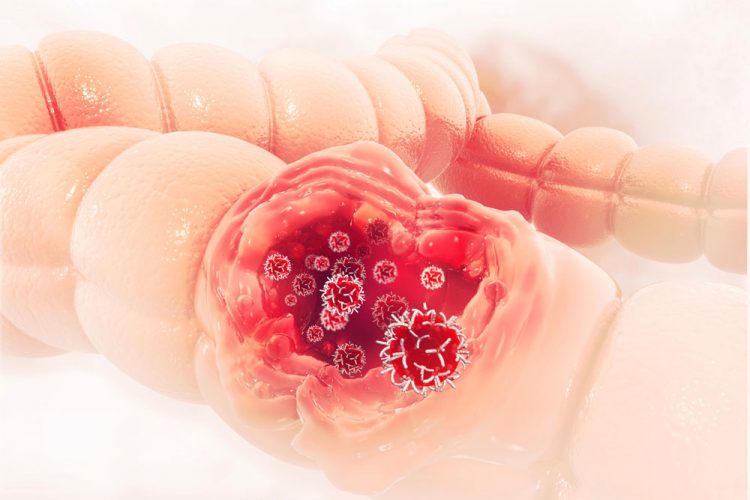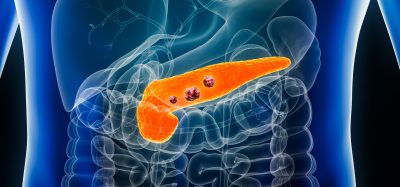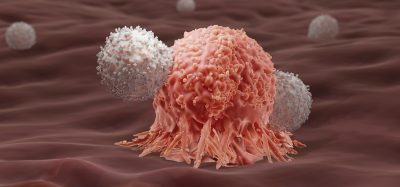Hidden polyps could provide earlier diagnosis of colon cancer
Posted: 3 April 2018 | Dr Zara Kassam (Drug Target Review) | No comments yet
New findings may help explain why patients with clean colonoscopies go on to develop colon cancer…


For many years, doctors have puzzled over why people with clean colonoscopies went on to develop colon cancer. New findings from the Oklahoma Medical Research may help explain why, and the discovery could lead to ways to detect these cancers earlier and more effectively.
The most common method of screening is a colonoscopy, where doctors use a flexible scope to examine the colon. However, certain cancer-causing polyps can be easily missed during these examinations.
“Some polyps are embedded in the surface of the colon, and they’re also flat and covered up,” said Dr David Jones, who holds the Jeanine Rainbolt Chair for Cancer Research at OMRF. “This makes them incredibly difficult for doctors to detect.”
For a long time, said Dr Jones, it was thought that colon cancers that developed in patients who had clean colonoscopies were coming about through some unknown mechanism that didn’t involve polyps. “Now it is clear that these hidden polyps might be responsible for up to 30 to 40 percent of colon cancers that develop later,” he said.
Working with a team of researchers, Dr Jones analysed the genetic composition of the hidden polyps. “Most cancers–and most polyps–need more than one mutation to form. However, in these polyps, only one gene, called BRAF, was mutated,” he said.
Because of these telltale markers identifying the polyps, Dr Jones said, it would be possible to create a diagnostic test to analyse faecal samples to look for these changes prior to a colonoscopy. “If changes are present, it would be a way for the doctors to know to look for a hiding polyp,” said Jones.
Further analysis by the researchers also showed that the mutation caused a wave of alterations in the DNA. “It’s probably the change in BRAF combined with these changes that leads to polyps forming.”
Dr Jones said understanding the downstream effects of BRAF mutation could allow for drug intervention to prevent this cascade of DNA changes from happening altogether. Ultimately, this might prevent the colon cancer from developing.
“The next phase is to look at how the changes in BRAF cause this cascade leading to cancer,” he said. “This was a huge step in the right direction that could have clinical relevance for patients in a meaningful way.”
The research was published in the scientific journal PLOS ONE.
Related conditions
Colon cancer
Related organisations
Oklahoma Medical Research
Related people
Dr David Jones








